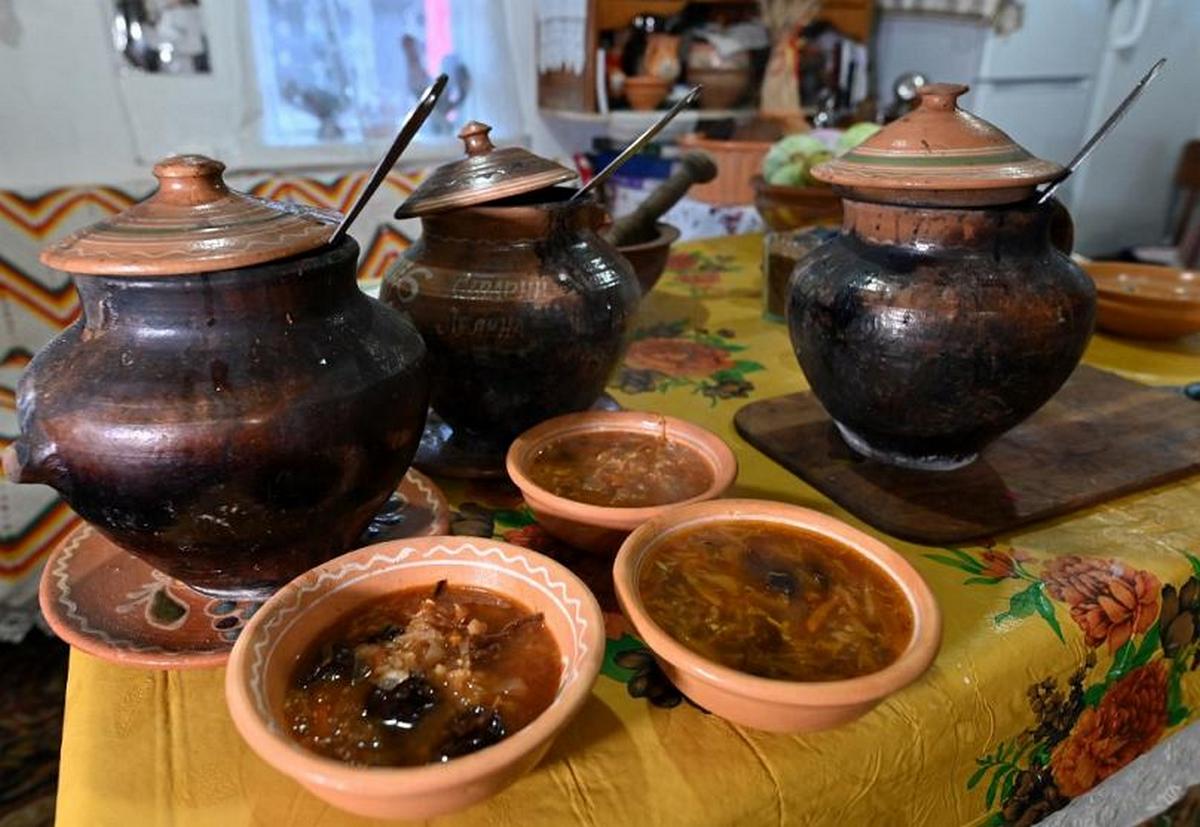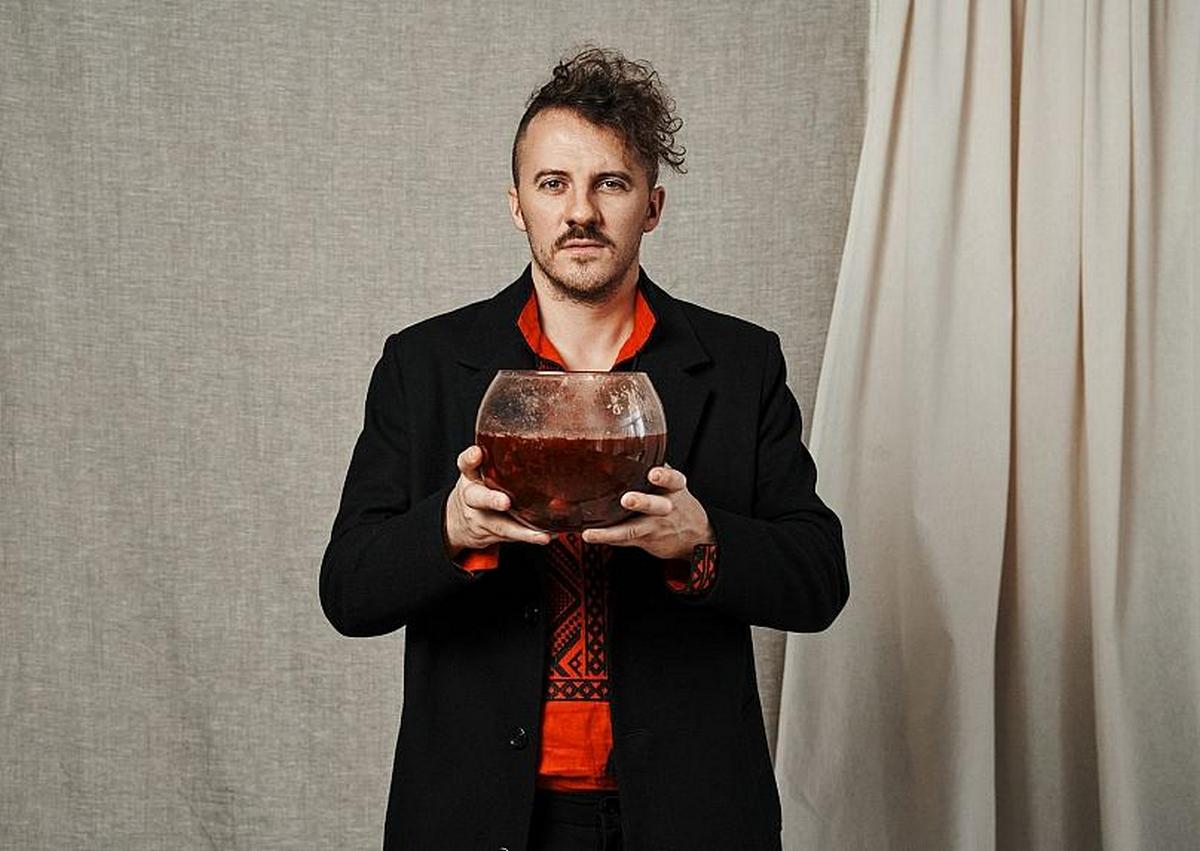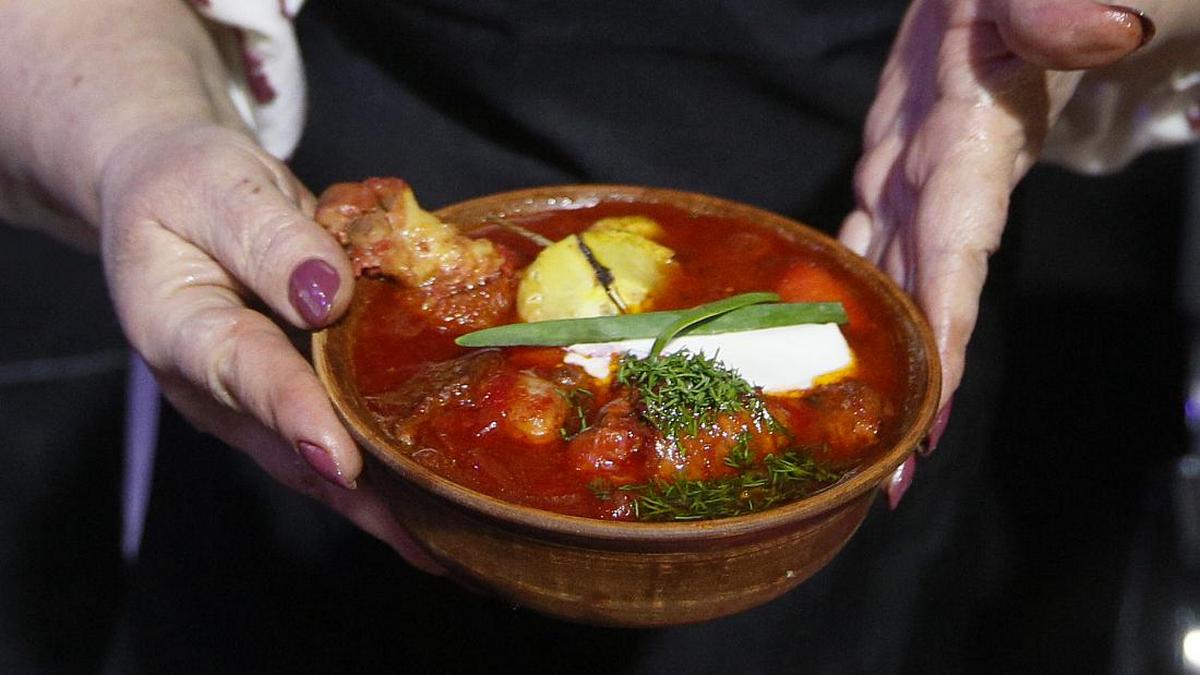Borsch is a traditional beet and cabbage soup and may soon be officially recognized as a Ukrainian cultural heritage.
Ukraine has nominated a popular dish to the list of intangible cultural heritage of UNESCO.
Ukrainian or Russian borsch?
Last year, chef Yevhen Klopotenko tried to persuade the authorities to nominate Borsch for UNESCO. But this has caused controversy, as in many places its name is synonymous with Russian soup.
Borsch, according to Russian authorities, “is one of the most famous and favorite dishes of Russia and a symbol of traditional cuisine.”
Klopotenko disagrees: “Many things were taken from Ukraine, but they will not take our Borsch.”

How to cook borscht?
Because it is cooked in many places, there are dozens of soup recipes. But the classic version uses beets, cabbage, potatoes, tomatoes, as well as pork or beef.
“There is no canonical recipe for borscht, just as there is no regional borscht. However, there are as many recipes for this dish as there are families living here,” says Klopotenko.
“They vary depending on the region, from family to family, from house to house, from apartment to apartment. Without a doubt, Borsch is in our DNA,” he added.

An NGO created to prove its origin
To prove that Borsch is not just a dish for Ukrainians, but part of a national identity, Klopotenko set up a non-governmental organization to gather evidence of his application to UNESCO.
Their application includes 700 pages of evidence that Borsch originated in Ukraine and is rooted in the country’s culture.
Ukraine expects UNESCO to approve this decision in two years. During this time, Klopotenko is going to promote Borsch not only in Ukraine but also around the world.
The UNESCO list already includes Ukrainian Petrykivka decorative painting, the tradition of Kosovar painted ceramics and Cossack songs of the Dnipropetrovsk region.

